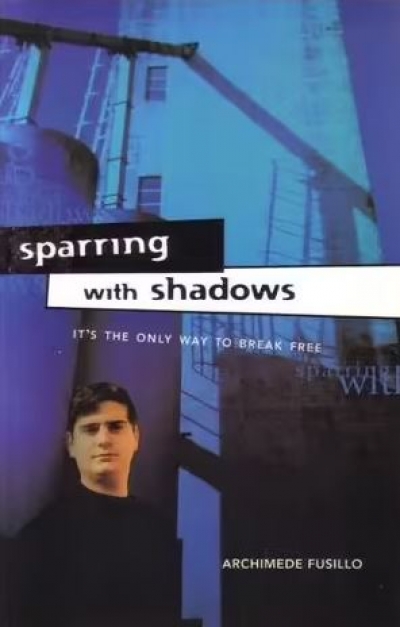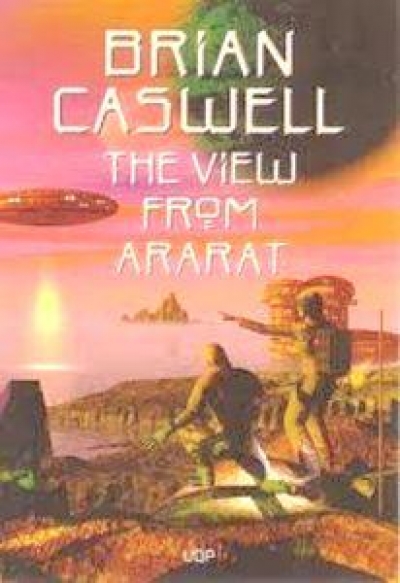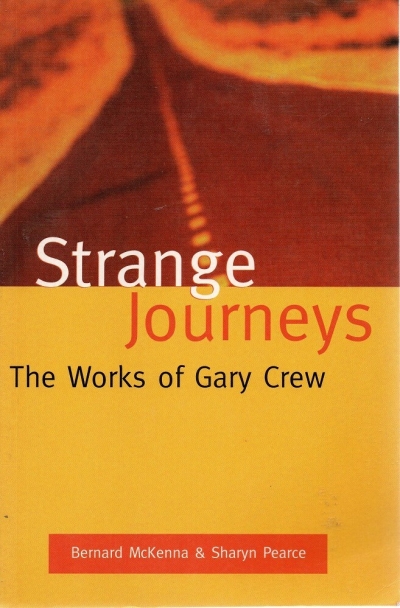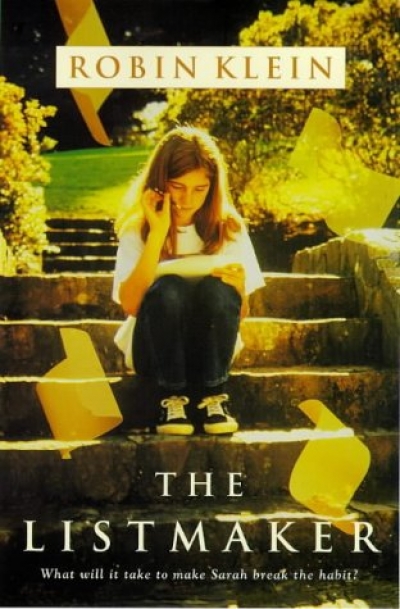Stephen Matthews
In the current overwhelmingly dour landscape of Australian children’s fiction, it’s a welcome relief to pick up three books which at least claim to rely on humour for their effect. Of course, humour comes in different forms, with different purposes.
In Small Sacrifices, for instance, Beverley Macdonald isn’t looking for easy laughs. By its contrast with the harrowing events which constitute the story’s climax, the humour Macdonald injects into the first two thirds of the book effectively maximises the impact of the tragedy. Central to the fun at the beginning are the members of the bizarrely extended family belonging to the narrator, fourteen-year-old Harry. We meet them as they gradually assemble for Christmas at a beachside house in the town where Harry’s artily eccentric grandmother lives.
... (read more)The View from Ararat by Brian Caswell & Go and Come Back by Joan Abelove
Strange Journeys: The works of Gary Crew by Bernard McKenna and Sharyn Pearce
The Listmaker by Robin Klein & The Apostle Bird by Garry Disher
Western society’s thirst for ease and comfort is insatiable. Every innovation which minimises effort is leapt upon, not always with respect for social and environmental costs. Cars are automatically-geared, air-conditioned, full of devices to save even the effort of winding windows. Unaware of the strain such comforts may cause on natural resources (unless we exert ourselves to find out), we expend scarcely any personal effort on traversing huge distances, where our ancestors who had to walk knew exactly how much energy their travel needed. Living in comfortable homes where clean water is a tap’s turn away, we need give no thought to what sustains the supply, where our forebears knew precisely how much effort was needed to get water (and therefore used it more carefully). Even in pursuit of pleasure we welcome less effort. We love the technology which brings the sound of huge orchestras into our living rooms. We expect to see all kinds of cultural display at the touch of a remote control.
... (read more)‘Years ago we threw the old didacticism (dowdy morality) out of the window; it has come back in at the door wearing modern dress (smart values) and we do not even recognise it.’ John Rowe Townsend’s words, from more than a quarter of a century ago, retain a fresh ring of truthfulness. I recalled them after reading The Girl with No Name (Puffin, $8.95 pb), Pat Lowe’s first novel for children.
... (read more)



